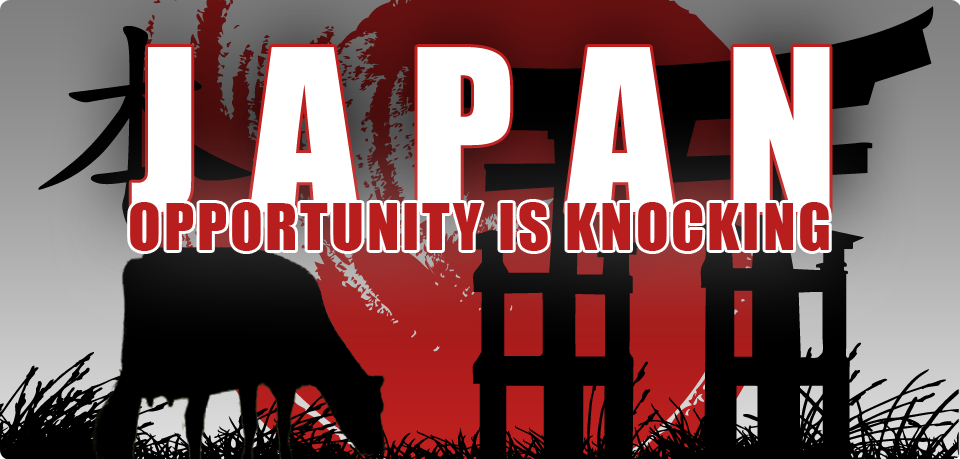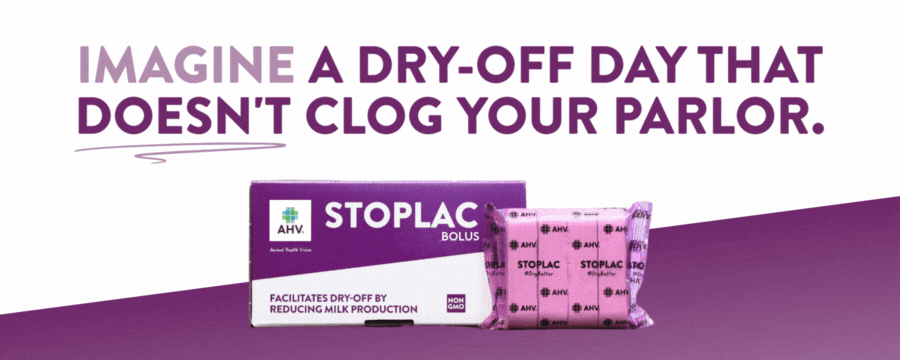The longer you are in the dairy business, the more convinced you will become that, even though this is a cow business, it depends on people and the relationships that are built over time. For thirteen years, Bruce Smith developed a successful export business built on his relationship with the people at Genetics Hokkaido. When he retired from the business, he passed the torch to Mark Butz, of Butz-Hill Exports in Iowa. Mark tells how it came about. “Bruce Smith approached me several years ago about taking over as he wanted to retire. I was busy with Dairy Consulting Services; a nutritional consultant business that I had started, and didn’t feel I had the time to devote to both. Two years ago Bruce asked again and I decided to back off the nutrition business and take it on. I had met Tommy Araki and felt comfortable that he and I could build a relationship and continue to do business in the same manner as before.”
Learning from the Best
Good friendships and good partnerships are built on trust. Such was the case with Mark and Bruce. “Bruce of course was more than a friend and business associate, I had over the years sold many embryos to Bruce and he had always conducted business in a fair, precise and honorable way. When we started working on transferring the embryo business, I got to know Bruce as the extraordinary person he was. His great mind, keen wit and willingness to explain the rationale behind decisions made him very dear to me on personal level. I sought out Bruce’s advice on many things and he (and Laura) were always very helpful.” When Bruce passed away, it was difficult for everybody. “Bruce’s death hit me very hard.” says Mark. “It also hit Tommy hard and through that experience Tommy and I became closer. In a way, Bruce still guides me. Rarely do you find someone that lives their life with such dutiful purpose and strives to do the right things. Bruce did.”
Japan is a Traditional Marketplace
In Japan, breeders like the same things that Canadian breeders look for. Mark sums up his perspective on the Japanese marketplace. “Japan to me is like stepping back somewhat in the Holstein business in the US 30 years ago. You see many tie stall herds, pack housing for heifers and now they are starting to expand with freestall/parlor operations. Input costs are high because much of the feed has to be imported.” He sees the Japanese dairymen are much like registered breeders anywhere, “They want good cows with deep pedigrees from proven sire stacks that will thrive in their environment. Longevity and high production with good components are valued where land resources are scarce.” Examples of what has been sourced for the market are: Chassity, Barbie, Ashlyn, Atlee along with many national show winners embryos and daughters’ embryos. Of course the list includes the Lyla-Z and Missy families and Lotto, Zita and Lyster Lyndsay as well as many others.
Impact of Genomics
Genomics is affecting the dairy business globally. In Japan Mark sees the effects. “Genomics are starting to make a play right now. Some breeders are asking for higher caliber cow families and high genomic young sires and I think that trend will grow.” This is sending small ripples through Mark’s business. “While many things remain the same as before, with the genomics taking off some cow families are rising because of that and others are losing ground. I suppose it is a natural change.” He advises breeders to do their homework and study what the market is looking for. He has a special message for Canadian breeders. “In many ways you are better positioned to take advantage of the market then we are in the States. Your steady milk market moderates the income risk of genomics. It is a tremendous opportunity to capitalize on the market.”
What sells?
Mark is eager to show his view of the market in Japan. “Show embryos will always sell as breeders are passionate about the show ring in Japan. Genomics are playing as well as sexed semen and embryos from good maternal lines and popular sire stacks. There seems to be a market for cheap embryos as well. Years ago we got away with flushing popular heifers because of the cow family. Today, she has to be an exceptional individual as well.”
Promote! Promote! Promote!
Gone are the days when Canadian genetics practically sold themselves. It is a competitive global marketplace and Mark urges breeders to do their part in successful selling. “Keep current pictures and production as well as classification records up to date. Tommy sells to his customers based on the information he receives from us so the more complete it is the better the sale. If you get a bad picture, retake it. Sexed embryos sell 2x better that non-sexed. use popular bulls.” This is great advice but he doesn’t stop there. “Call and we can discuss what you need.” Teamwork is an important part of the promotion process. You’ve heard it before, but Mark hammers it home again. “Anything is better than nothing. Provide pictures, videos, anything you’ve got.” Buyers in Japan want to see the best pictures you’ve got. They are up on the latest show winners and are “all over that cow family” says Mark. “You need to have outstanding pictures.”
The Bullvine Bottom Line
When you’re looking to export to Japan you need three things:
- Top genetics
- Good relationships
- Outstanding pictures
Opportunity is knocking. Will you answer?
Want to take your marketing to the next level, download our free guide “The Dairy Breeders Guide to Facebook“.
[related-posts-thumbnails]

















Leave a Reply
You must be logged in to post a comment.